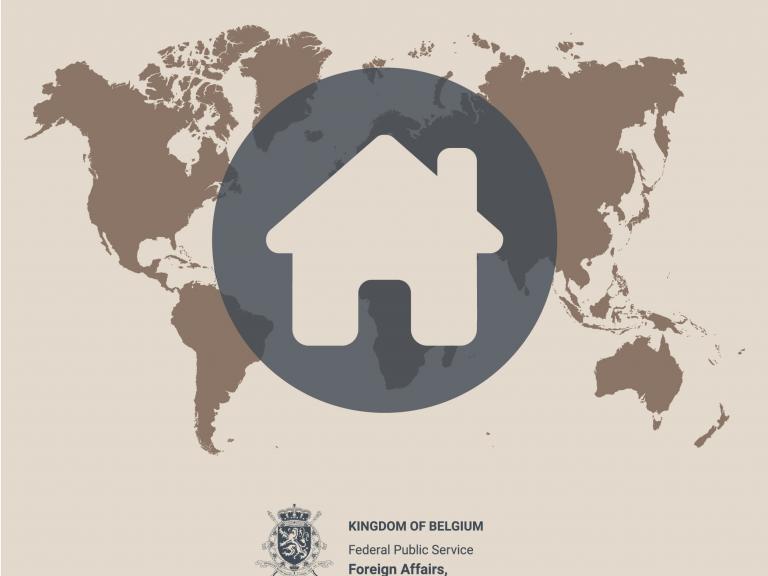-
Last updated on
More than a hundred embassies and consulates represent Belgium throughout the world (in the capitals). In addition, there are many honorary consulates with a more limited area of competence. Honorary consuls are generally recruited from the local population and render their services on a voluntary basis. They rarely possess Belgian nationality and do not always speak our national languages.
Embassies, consulates and honorary consulates can assist you in situations defined by the assistance law (in French or Dutch, see chapter 13), namely:
- death of a Belgian;
- serious accident that happens to a Belgian;
- serious crime of which a Belgian is a victim;
- suspicious disappearance of a Belgian
- arrest or detention of a Belgian (see brochure below)
- extreme distress situation involving a Belgian;
- major consular crisis ;
- international child abduction where the child and/or one of the child's parents is Belgian. Information available in French (PDF, 334.14 KB) or Dutch (PDF, 255.24 KB).
In case you or one of your relatives fall victim to a terrorist attack abroad, you can find all relevant information in the Guide for Belgian Victims of a Terrorist Attack Abroad (available in Dutch and French).
You will find in the document below some concrete examples of what our representations can or cannot do to assist you.
No Belgian representation?
If Belgium does not have a representation in the country where you are in distress, you can contact any other representation of a European country within the framework of European consular assistance.
In practice, this involves the embassies or consulates (not honorary consulates) of the following Member States: Austria, Bulgaria, Cyprus, Czech Republic, Denmark, Estonia, Finland, France, Germany, Greece, Hungary, Ireland, Italy, Latvia, Lithuania, Luxembourg, Malta, the Netherlands, Poland, Portugal, Romania, Slovakia, Slovenia, Spain and Sweden.
Their assistance is also limited to emergency situations described in the loi Assistance (see above).
This consular assistance between Member States of the European Union cannot, of course, guarantee you a personal welcome in your own language but a common European language will be used.

